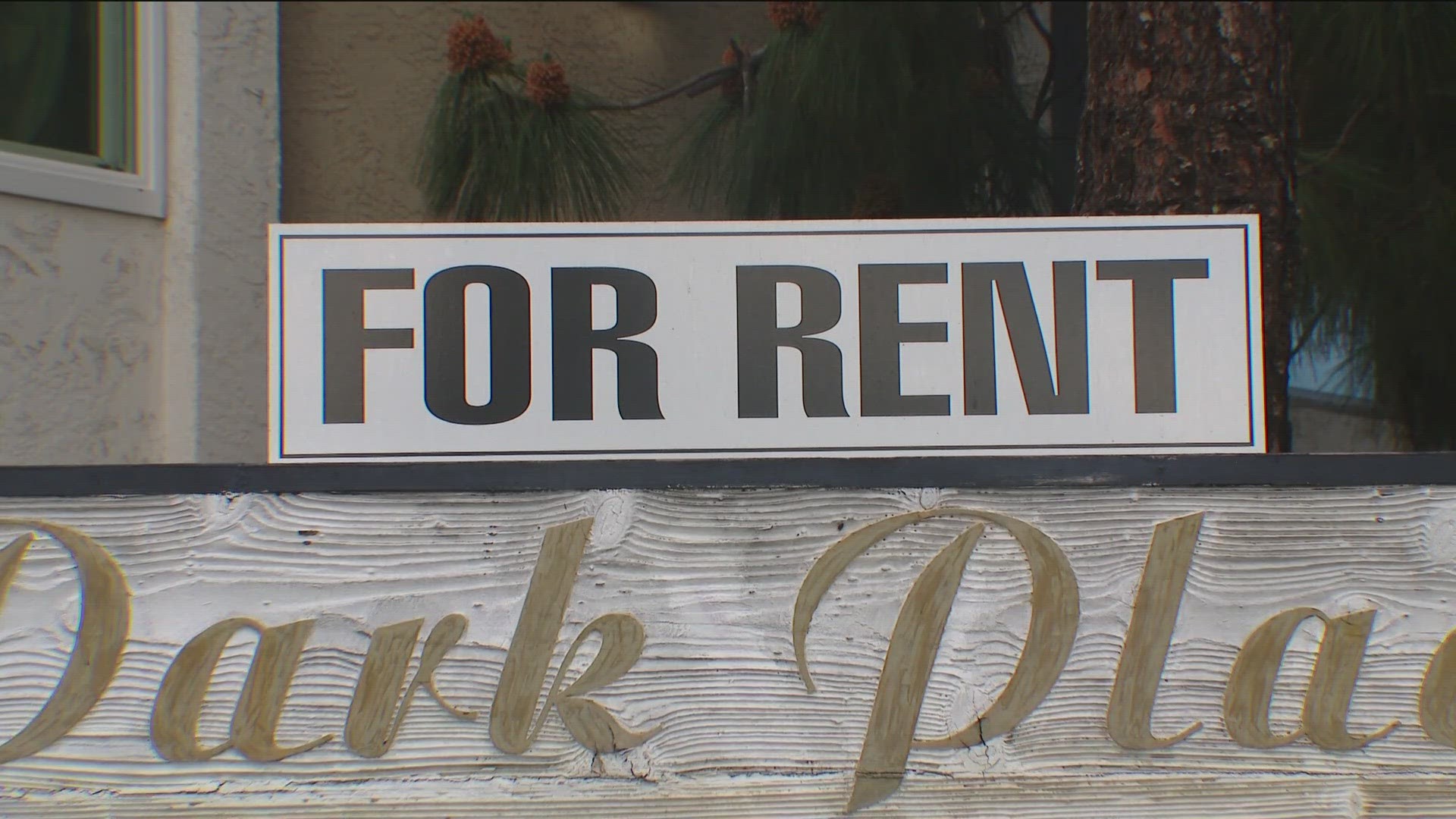SAN DIEGO — A decision by the U.S. Supreme Court has left landlords in New York disappointed and it has implications are being felt all the way here in California.
On Tuesday, the Court refused to hear a case challenging New York's rent stabilization laws, which limit how much landlords can charge in rent and how much they can raise their rates each year.
While this case deals with New York’s rent and eviction control laws, The California Apartment Association says that many cities in our state have similar laws and the Supreme Court’s decision to not take up the case could influence how these laws are interpreted and enforced.
Meanwhile, rent control supporters say the Court’s decision is a victory for tenants' rights.
New York landlords had hoped to overturn the state’s rent-stabilization laws. The laws limit landlords from raising rent on nearly one million apartments.
Rent control critics claim the laws violate the constitution’s “takings clause” – which protects against the government taking property without just compensation, by forcing them to cap prices and limiting their ability to evict tenants.
“You lost control of the access to the property as little as how much you can charge for the use of the property," said Alan Pentico, Executive Director of Southern California Rental Housing Association. "You're losing control of your asset and that's what it comes down to. You don't control the price, you don't control who comes in and out."
Pentico says the Court’s decision is disappointing and impacts landlords across the nation, including here in California.
“In California, you have numerous jurisdictions that have had rent control for years - San Francisco, Santa Monica, la Oakland, Berkeley, Pasadena, Alameda, Beverly Hills recently," he said.
Pentico insists that California is in desperate need of more housing.
"In California, rent control is more and more popular as a solution to the housing crisis. Even though it's not a solution. It's not really even a short-term band-aid. And that's really why the housing crisis is what it is," said Pentico.
However, rent control advocates say that these laws are necessary to protect renters from getting priced out of their homes.
“All these policies do is say you cannot jack up the rent," said a professor of law at the University of California College of Law San Francisco, and legal director for the Alliance of Californians for Community Empowerment Action, Leah Simon-Weisberg.
Simon-Weisberg celebrates the Court’s decision.
“The Supreme Court has once again said, look, this is a policy that it is completely legitimate. It’s pretty clear that the Supreme Court thinks that rent control is just a mainstream regulatory policy and they once again said ‘yes' it’s allowed," she said.
Simon-Weisberg says the laws do not violate due process.
“They’re trying to argue that it’s a physical taking. If the government does a physical taking then the government has gone too far and has taken all the value and must be reimbursed. If it’s a regulatory taking, which is what rent control is, then you only have a right to a reasonable on your investment," she added.
Despite the Court's decision to not hear the case, Justice Clarence Thomas did say the Court might reconsider the issue at a future date, offering some hope for rent control critics.

